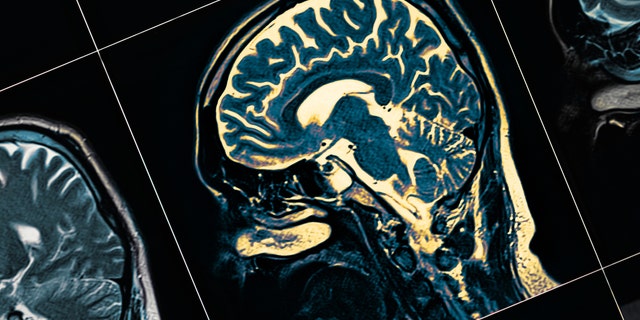
Fox News Flash top headlines for Dec. 31
Fox News Flash top headlines for Dec. 31 are here. Check out what’s clicking on Foxnews.com
Doctors seriously struggle to correctly diagnose Parkinson’s disease, a new study shows.
Over a quarter of those with Parkinson’s were initially misdiagnosed, according to a recent survey of over 2,000 people by charity Parkinson’s UK. And in many cases, the misdiagnoses can have serious health consequences.
For 26 percent of respondents, doctors initially linked their symptoms with something else, the Guardian reports. Of those falsely diagnosed, 48 percent were given treatment for their nonexistent illness, 36 percent received medication for it, 6 percent underwent operations and another 6 percent were given both medication and operations.
As a result, of those who received treatment for the wrong diagnosis, 34 percent report their health worsened.

For those who were told their Parkinson’s was another disease — or all in their head — the experience can be devastating.
(iStock)
Women and people aged 51 to 60 were most likely to be misdiagnosed with Parkinson’s, which currently affects more than 10 million people worldwide.
For those who were told their Parkinson’s was another disease — or all in their head — the experience can be devastating.
“I went to the doctors but no one could understand what was wrong with me,” Katy Dickinson shares in the study.
When she began seeking medical help, her left foot had recently begun dragging, a tremor she’d had for years had worsened, and her voice was beginning to be affected — but doctors told her she was making her symptoms up.
“It took four years of appointments and being told that I was ‘doing it to myself’ before I got my diagnosis,” of Parkinson’s disease in 2018, she says. This was despite a family history of Parkinson’s.
In defense of doctors, Parkinson’s UK’s Katie Goates points out that the disease is notoriously difficult to diagnose.
“Parkinson’s is an incredibly complex condition with more than 40 symptoms, and it affects everyone differently,” she says, “One of the biggest challenges for Parkinson’s research is that there is no definitive test for Parkinson’s, and as a result we’ve heard of people being misdiagnosed with anything from a frozen shoulder or anxiety to a stroke.”
Their survey, she says, shows the consequences of this: people being left in limbo, with their health deteriorating. Despite the difficulty of making a correct diagnosis, she calls this fate “unacceptable.”
This article originally appeared on the New York Post.
Source: Read Full Article
